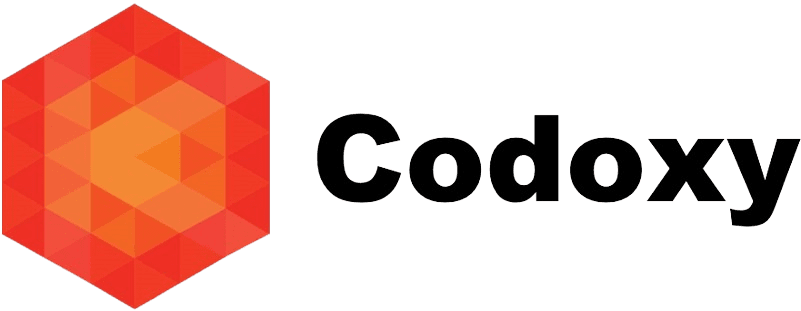
PHP, once the dominant server-side scripting language, has faced its fair share of criticism over the years. However, it remains a cornerstone of web development, powering a significant portion of the internet. Let’s explore PHP’s role in the modern web development landscape and how it continues to evolve.
The Enduring Popularity of PHP
Despite the emergence of newer languages and frameworks, PHP remains widely used. According to W3Techs, PHP is used by around 78.9% of all websites with a known server-side programming language. This enduring popularity can be attributed to several factors:
- Simplicity: PHP is easy to learn and use, making it accessible for beginners.
- Wide Adoption: Major platforms like WordPress, Joomla, and Drupal are built on PHP, ensuring a large user base.
- Cost-Effective: PHP is open-source and has a large repository of free and affordable tools and resources.
Modern PHP: Improvements and Advancements
PHP has come a long way since its early days. Modern PHP (from version 7 onwards) has introduced significant improvements, making it more competitive with other languages:
- Performance: PHP 7 brought substantial performance enhancements, making it almost twice as fast as its predecessors. PHP 8 continues this trend with JIT (Just-In-Time) compilation.
- Better Error Handling: With the introduction of throwable exceptions, error handling in PHP has become more robust.
- Type Declarations: PHP now supports scalar type declarations and return type declarations, which improve code quality and maintainability.
The Ecosystem: Frameworks and Tools
The PHP ecosystem has grown to include powerful frameworks and tools that streamline development and improve productivity:
- Frameworks: Laravel, Symfony, and CodeIgniter are among the most popular PHP frameworks, offering elegant syntax, powerful features, and strong community support.
- Package Management: Composer has revolutionized PHP development by providing an efficient dependency management system.
- Development Environments: Tools like PHPStorm and Visual Studio Code offer robust development environments tailored for PHP, with features like debugging, code linting, and version control integration.
PHP in Full-Stack Development
PHP is not just for server-side scripting anymore. It has found its place in full-stack development with the help of modern tools and practices:
- APIs and Microservices: PHP can be effectively used to build RESTful APIs and microservices, often in combination with front-end frameworks like React or Vue.js.
- Docker and Containers: PHP applications can be easily containerized using Docker, enabling consistent development and deployment environments.
- Continuous Integration/Continuous Deployment (CI/CD): PHP projects can leverage CI/CD pipelines to automate testing and deployment, ensuring faster and more reliable releases.
Conclusion
PHP has proven its resilience and adaptability in the ever-evolving world of web development. With continuous improvements, a vibrant ecosystem, and strong community support, PHP remains a relevant and powerful choice for modern web applications. As we move forward, PHP’s role in full-stack development, API creation, and enterprise solutions is set to grow even stronger.
For further reading, you can explore the official PHP website and the PHP: The Right Way guide to keep up with best practices and modern PHP development techniques.
